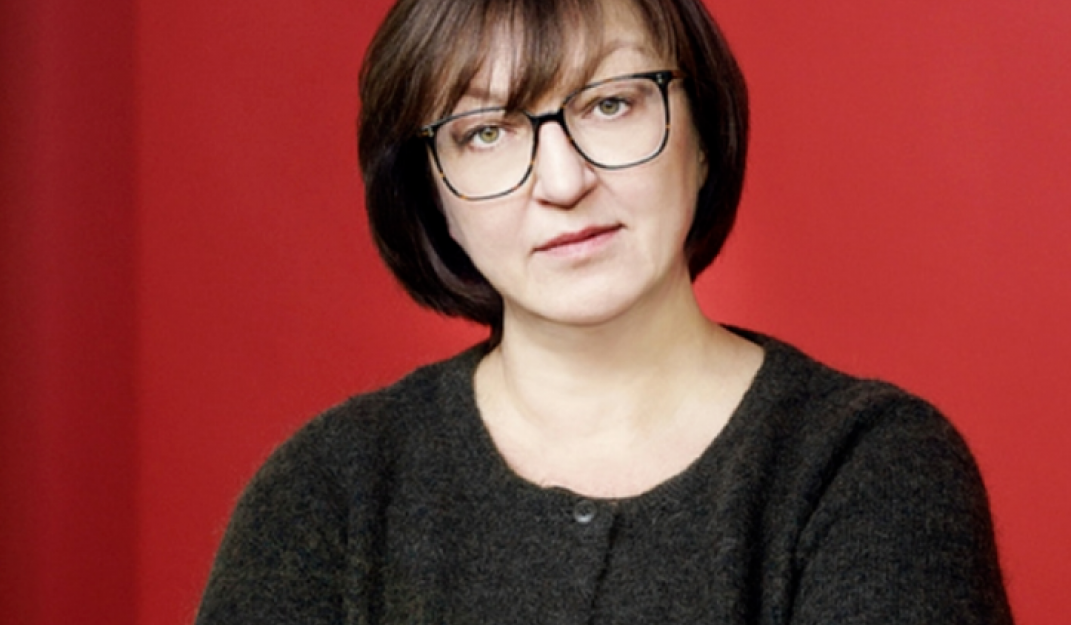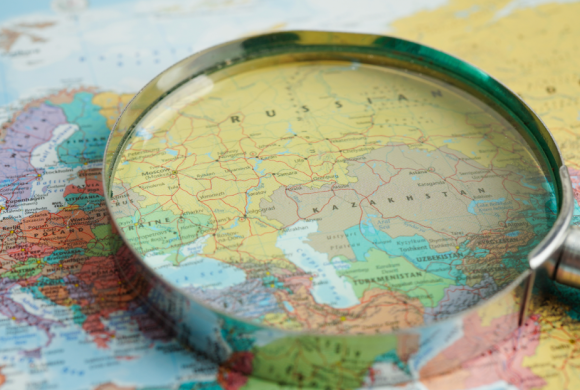
After the formal abolition of censorship in 1991, Russia witnessed a period of almost thirty years of press freedom. The collapse of communism led to the gradual development of quality newspapers, and serious investigative journalists started doing what journalism is for: acting as watchdogs.
Putin’s new wave of media suppression is a huge step back. Manipulation of disinformation and state control of the media and the internet again restrict our knowledge of what is going on in Russia. What does that mean and how will we be able to stay informed about our eastern neighbour?
Galina Timchenko witnessed it all. Starting her journalistic career in the 90s with the newspaper Kommersant, she later became editor-in-chief of independent news website Lenta.ru. In 2014 the authorities took control of Lenta and she left for Riga to set up the English- and Russian-language news website Meduza, nowadays one of the best read media outlets about Russia.
In May 2021 the ministry of Justice declared Meduza a ‘foreign agent’, thus robbing it from its advertisement revenues and most of its Russian contributors. This summer most independent media in Russia itself were harassed and attacked as well. Even individual journalists are now stigmatised as ‘foreign agents’.
In her October Lecture Galina Timchenko sheds light on the bumpy history of independent journalism in Russia and answers the question: are we returning to Soviet times?
The lecture will be followed by a debate with Dutch publisher Derk Sauer, who has facilitated and funded independent media in Russia for more than 30 years.

Platform Raam
RAAM aims to deepen knowledge in the Netherlands about political, social and cultural developments in Russia, Ukraine and Belarus, as they are of essential (geo)political significance for the European democratic legal order.



